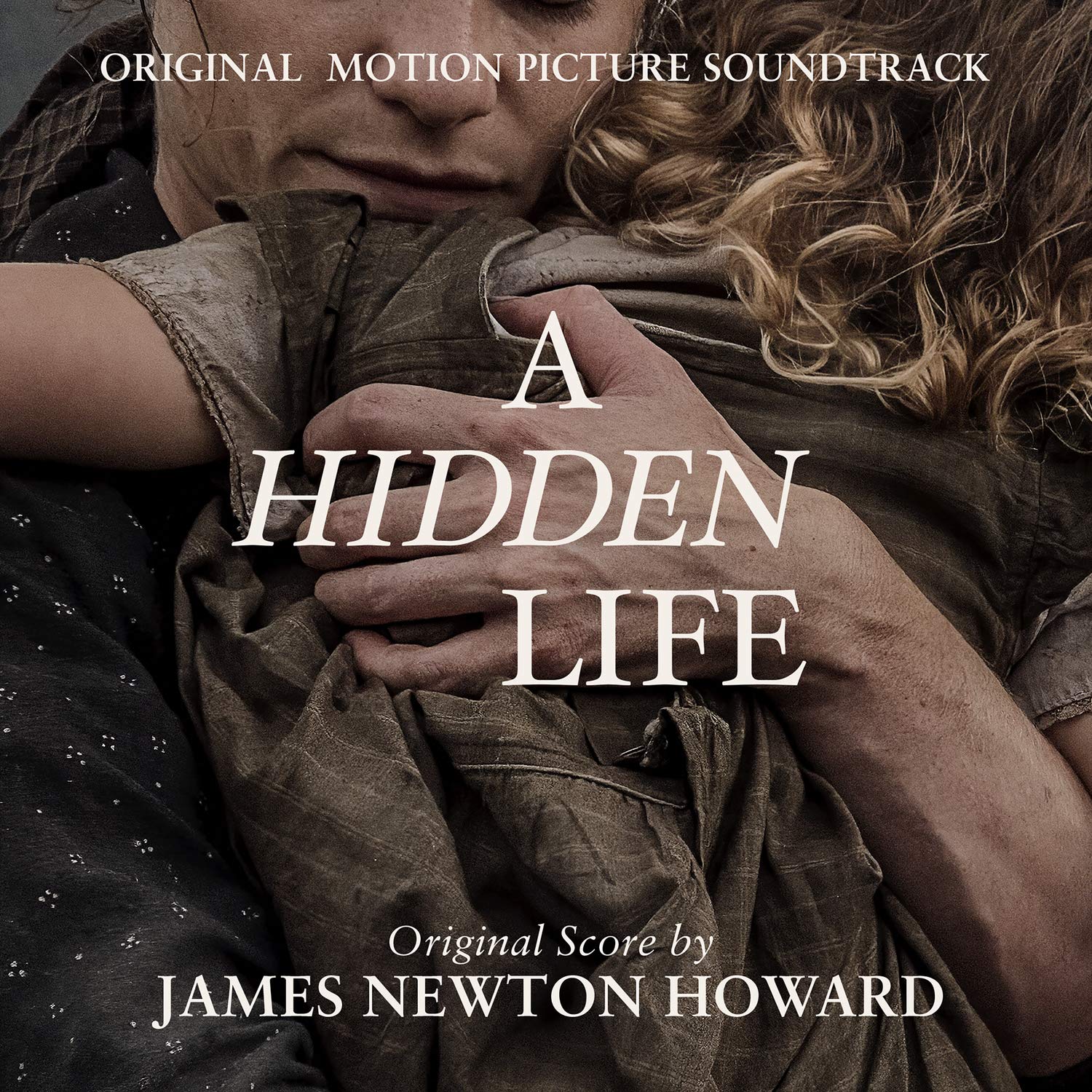
Franz is not so sure, but reports to military training as directed.

The village mayor (Jürgen Prochnow) drinks the Kool Aid. Franz and Fani say little to us or each other.Ĭue the storm clouds and the Nazis who, in 1940, demand that all able-bodied Austrian men must join the war effort and take an oath of loyalty to Hitler. Still, the couple has time to hold hands and steal a kiss. He and his wife, Fani (Valerie Pachner), work hard at cutting wheat and raising two blond daughters, with one more on the way. Things look so idyllic as Franz and his family enjoy their life on the farm in the Austrian alps that you half expect Julie Andrews to run at the camera trilling about the hills being alive with the sound of music. Others must be forgiven their impatience. For those who believe that this is Malick at his most profound, A Hidden Life is bliss.

Unfortunately, the director now seems genetically unable to tell a straight-ahead story, even a substantial one, wandering off into the gorgeously shot mists of mountains, valleys and skies as birds chirp, sheep graze, brooks babble and nature leads him into three hours of digressive meanderings. (See: To the Wonder, Knight of Cups, Song to Song.) In some ways, his latest is a return to form with Malick recounting the true tale of Franz Jäggerstätter (a fine, fully committed August Diehl), an Austrian conscientious objector during World War II who sacrifices family, friends and his own life for his convictions. This may come as good news to those who once celebrated his mastery in such early films as Badlands and Days of Heaven, but may have grown disillusioned by the arty, free-form posturings of his recent years. Acclaimed filmmaker Terrence Malick does something he hasn’t done in years with his new film A Hidden Life - he attempts to tell an actual, old-fashioned story.


 0 kommentar(er)
0 kommentar(er)
